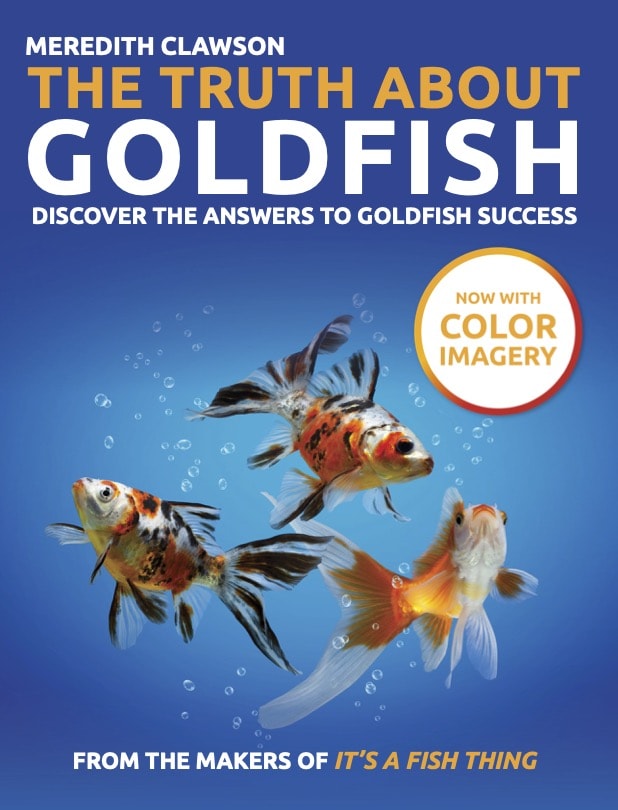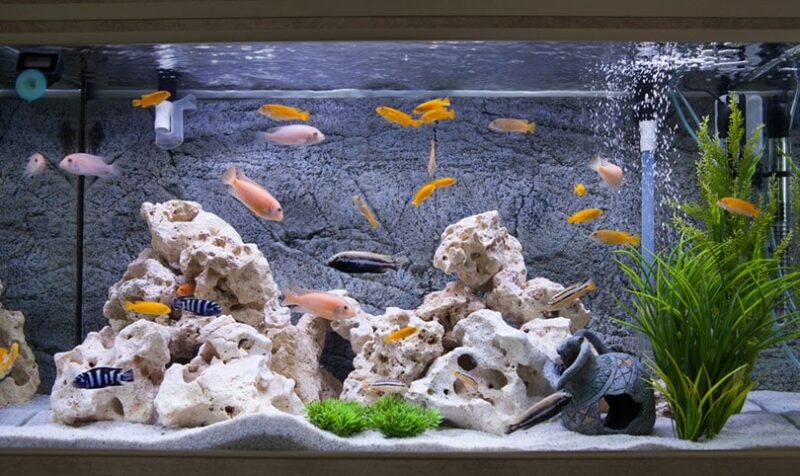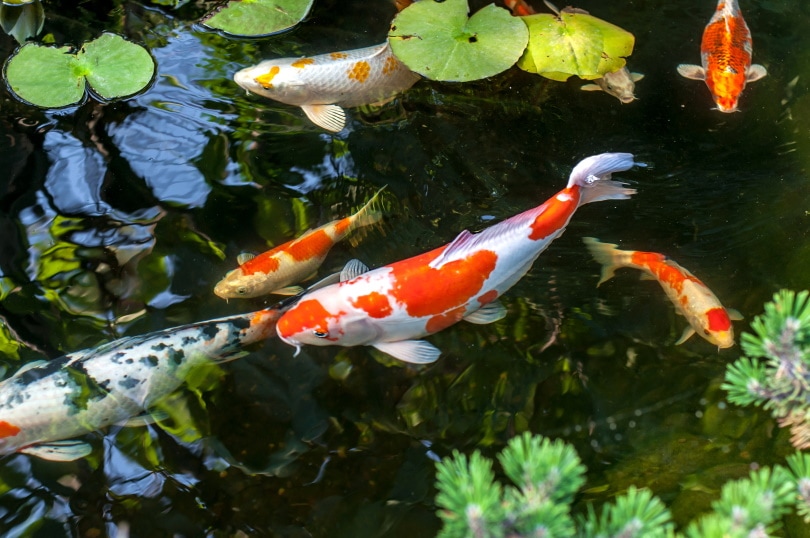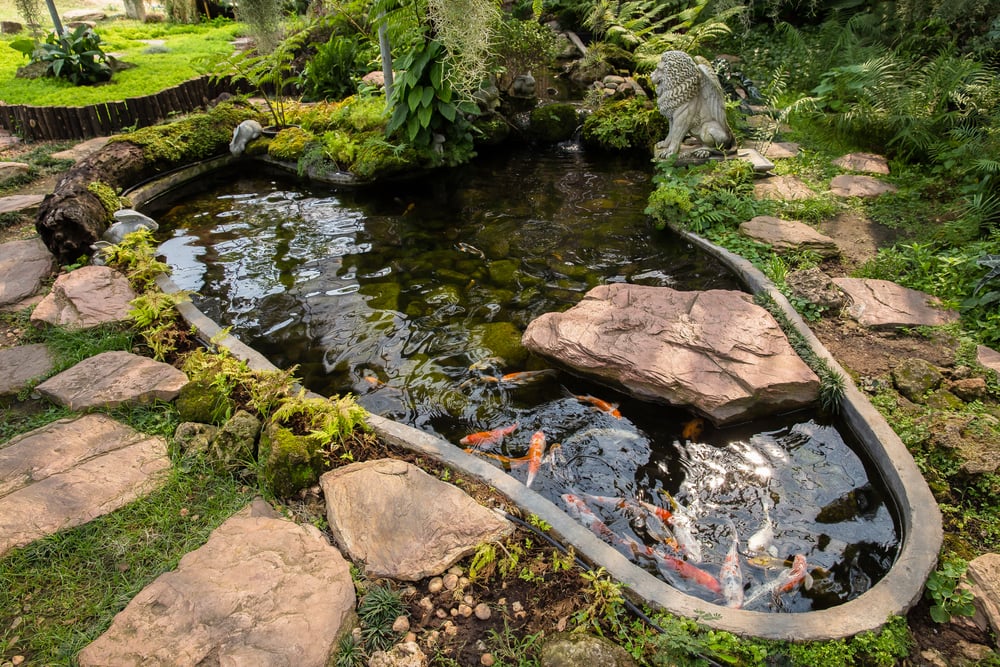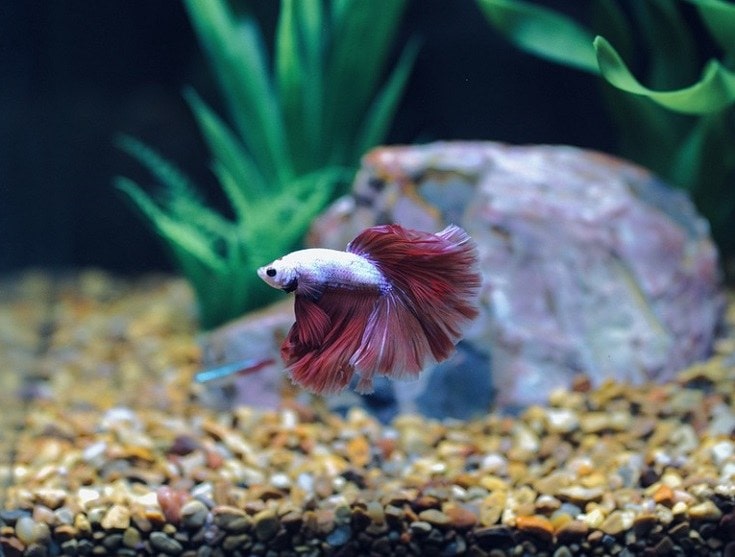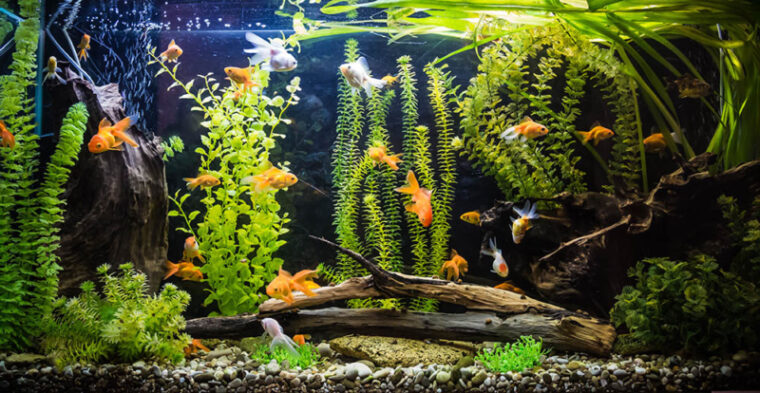
If you have aquarium fish and invertebrates, or perhaps even live plants that require soft water, then there are several different ways that you can achieve this in your aquarium. The water hardness (dissolved minerals in the water) is a vital water parameter that can be measured using an electronic immersing probe.
The hardness of the water will depend on the source of the water, such as from a tap or reverse osmosis system. Some substrates and ornaments can change the overall hardness of the water, so if you have livestock in your aquarium that is sensitive to the hardness of your water and thrive best in soft water, then we have some tips to help you achieve the desired water softness.
The 6 Methods to Soften Aquarium Water
1. Peat Moss
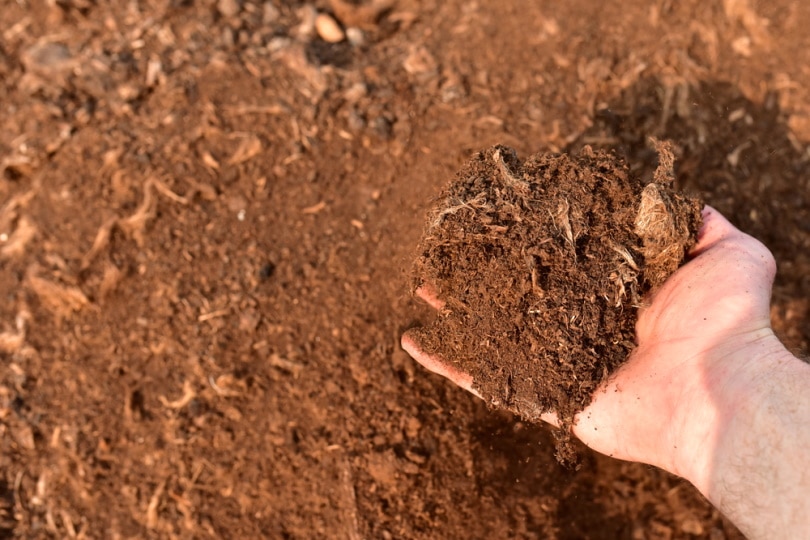
Peat moss or granules have a natural ability to soften aquarium water. Peat moss is essentially dried sphagnum moss, and it can be found in many local fish stores. You can add peat moss to your aquarium water by boiling it till all the brown tannins are released, and then add this water to an aquarium to keep it soft.
An alternative method is to use peat granules as filter media to soften the water, but the amount you use in a filter bag will depend on the size of your aquarium.
2. Driftwood
Driftwood naturally releases tannins that lower the pH of an aquarium to create a slightly more acidic environment. These tannins also help to soften the water. Malaysian driftwood seems to be the most effective at softening aquarium water because it produces the most tannins.
Driftwood can be purchased from most local pet stores, and you will need to soak it overnight in hot water to help the wood sink and also help reduce the number of tannins that will come from the driftwood. Tannins can cause the aquarium water to turn a slightly yellow or tea color which some aquarists don’t mind as it gives an aquarium a natural appearance.
3. Reverse Osmosis Water
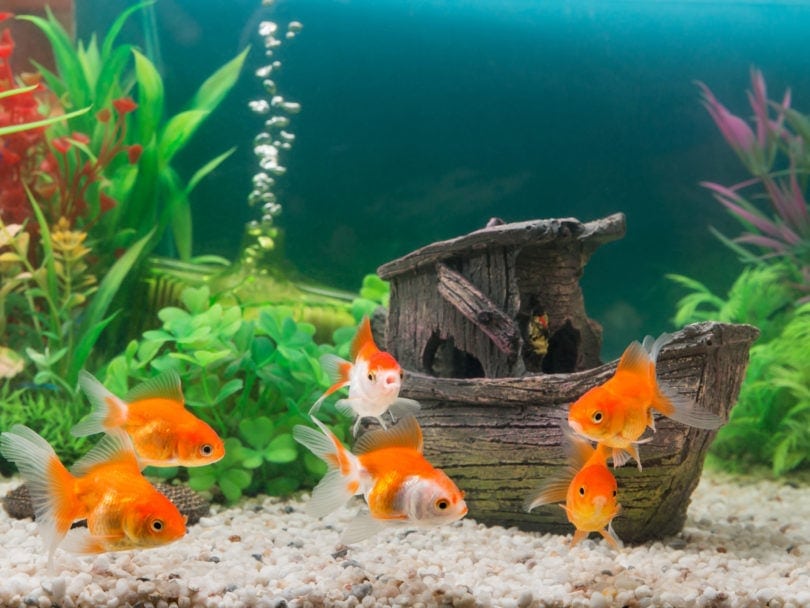
Reversed Osmosis water (RO) contains zero hardness, which makes it perfect for mixing with tap water to keep the aquarium’s water soft. You can use a reverse osmosis system which passes water through a filtration membrane to purify water.
It is a more costly method in the long run because you will need to buy and install the entire system, so it is better suited if you have a very large aquarium that requires this specialized water if other natural or chemical methods have failed.
If you are looking for help to get the water quality just right for your goldfish family in their aquarium, or just want to learn more about goldfish water quality (and more!), we recommend you check out the best-selling book, The Truth About Goldfish, on Amazon today.
It covers everything from water conditioners to tank maintenance, and it also gives you full, hard copy access to their essential fishkeeping medicine cabinet!
4. Water Softener Pillow
A water softener pillow contains ion exchange resins that replace magnesium, calcium, and soluble heavy metal ions. This allows it to effectively reduce the amount of calcium and magnesium in the water to lower the hardness of the water. These pillows are also helpful in reducing the white crusty particles that can form on aquarium lids and the glass above the waterline because of the reduction in calcium deposits.
This is a small pouch of resin that can be added to a canister, sump, or multi-chamber filter. They do require recharging in a saline solution because it will lose its softening properties over time.
5. Indian Almond Leaves

Catappa leaves (also known as Indian almond leaves) are great at adding natural tannins to an aquarium while lowering the pH and softening the water. These leaves work slowly and will not shock the balance of the aquarium by suddenly affecting the general water hardness.
It is a fairly natural and inexpensive method of softening the water and provides long-lasting results rather than only temporarily lowering the water hardness.
6. Rainwater
Collecting and using rainwater is a fairly inexpensive and easy way to soften your aquarium water without having to use additional chemicals. Rainwater is usually naturally soft, but it should only be collected in a large outdoor tank or tub that is not near gutters and drain systems where harmful chemicals and dirt can enter the water.
You can use raw rainwater in an aquarium because it has fewer minerals and calcium deposits in comparison to tap water. If you do not want the water to be too soft, you can mix it in a ratio with tap water until you reach your desired general water hardness.
Conclusion
Although water hardness is usually not a problem for most aquarists, there are some types of fish species and plants that will thrive and breed better in soft water conditions. Most of the methods we mentioned above are great at reducing the hardness of the water and you can use a device to measure the hardness of your aquarium water or take it to be tested by your local fish store so that you can determine if your tap water needs to be softened.
Featured Image Credit: S-F, Shutterstock


